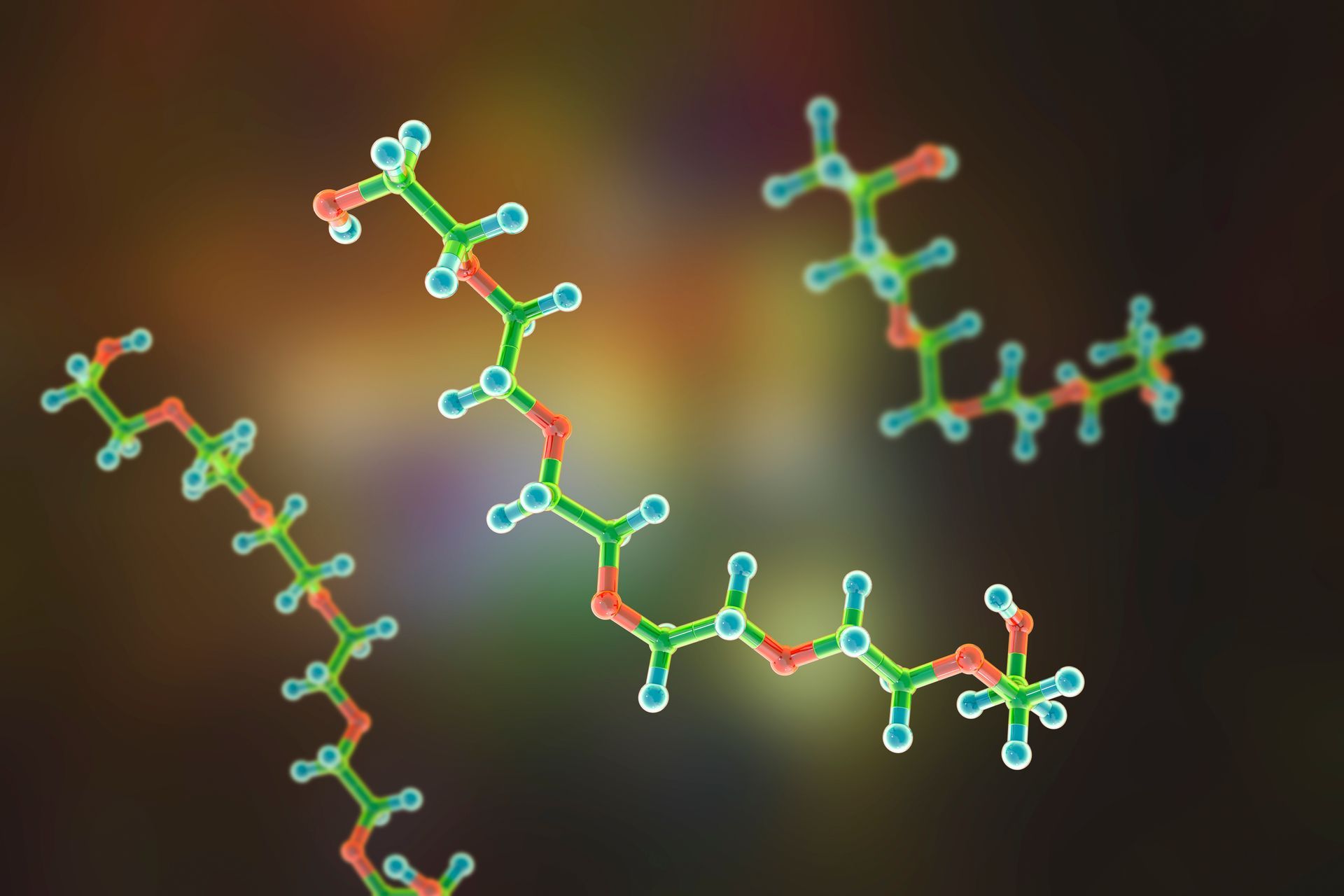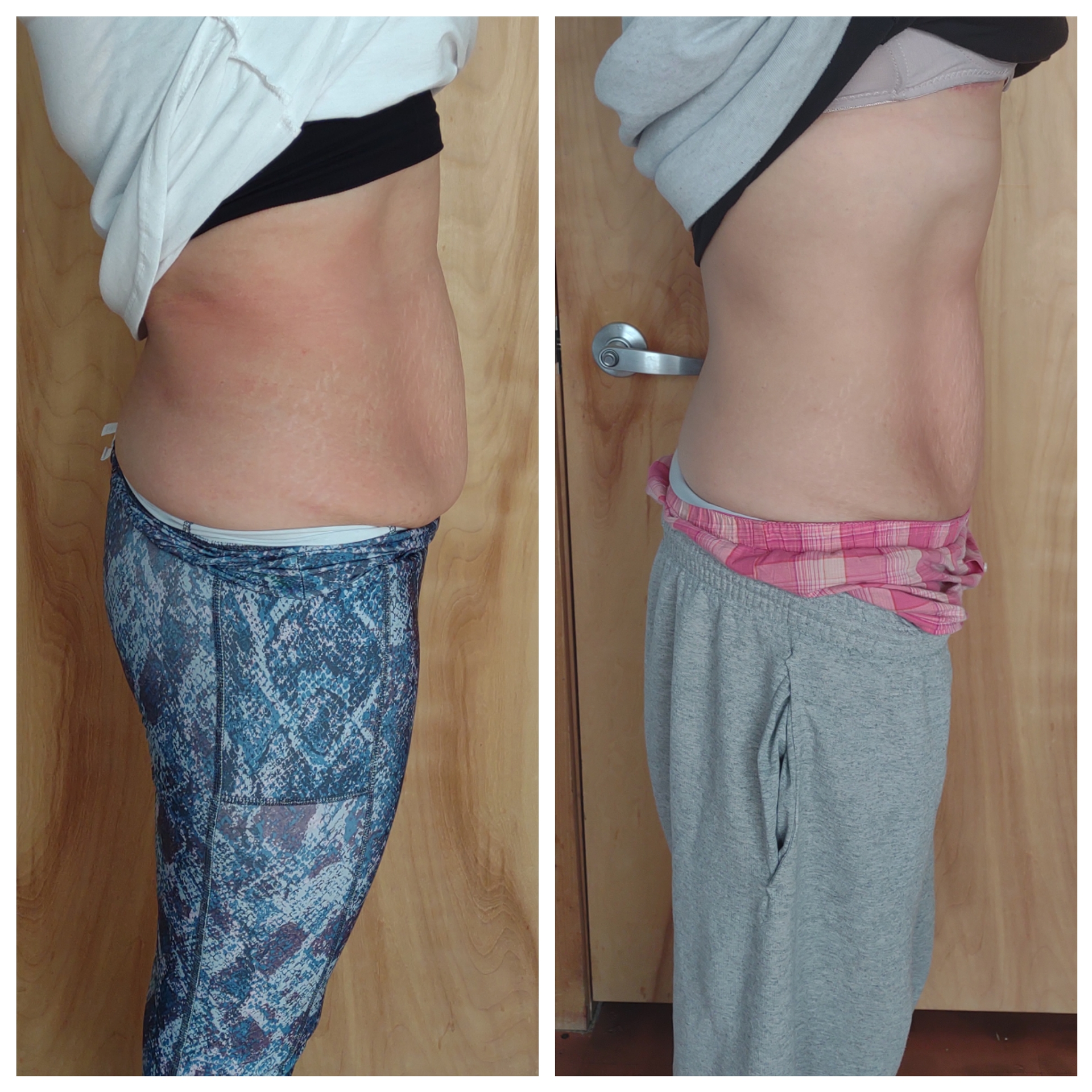Peptides for Weight Loss: Why They’re Getting So Much Buzz (and How They Actually Work)
If you feel like you’ve done everything right—cut calories, hit the gym, tried every diet under the sun—but the scale won’t budge, you’re not alone. The truth is, weight loss is complicated, and sometimes your body’s own biology gets in the way. That’s where peptides come in.

How Peptides Support Weight Loss
Certain peptides, like Semaglutide and Tirzepatide, mimic hormones called incretins that help regulate hunger and blood sugar. They work by sending signals to your brain to make you feel full sooner, slow down how quickly your stomach empties, and help stabilize blood sugar levels after eating. The result? Fewer cravings, less overeating, and a metabolism that’s a little more on your side.
The Science: Not Just a Fad
These peptides have been thoroughly studied and are now used in medical settings to support weight management. They’re usually administered as a small, subcutaneous injection, and dosages can be customized based on your health profile and goals.
Peptide Therapy Isn’t Magic—But It Can Help
It’s important to remember that peptides work best when combined with healthy eating and regular activity. They’re not a replacement for a balanced lifestyle, but they can make it easier to stick to your plan and see results.
Are Peptides Right for You?
Peptide therapy isn’t for everyone. It’s best to talk with a qualified provider to see if you’re a good candidate, especially if you have underlying health conditions or are taking other medications.
In our next post, we’ll explore how peptides can help you achieve glowing, youthful skin—without invasive procedures.
Here’s to making weight loss a little less of a struggle,
The Beauty Bar Wellness & Med Spa Team











